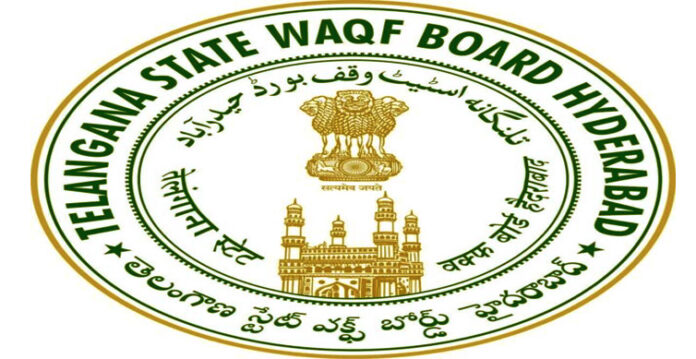Telangana’s treatment of temple priests and imams/muezzins has sparked concerns about prejudice against Muslims and the state’s dominant community. While temple priests now receive salaries comparable to government officials and monthly payments comparable to section officers, imams and muezzins are only paid a monthly honorarium of Rs 5,000.
This huge gap in treatment is attributed to the government’s advice, and no attempts have been done to grant imams and muezzins with official scales similar to their colleagues in temples. Furthermore, imams and muezzins have been denied their honoraria for the previous four months due to the financial department’s unwillingness to release the budget.
This has become an unbearable burden for imams and muezzins, who already get modest salaries at mosques and come from destitute backgrounds, making it impossible for their families to live. Despite their efforts, they have been dissatisfied because the Rs 5,000 monthly honorarium has not been released. Even on key religious holidays like as Eid ul-Fitr and Eid al-Adha, imams and muezzins are disappointed since their dues are not paid on time.
According to Waqf Board sources, cheques worth Rs 7.5 crore were issued for imam and muezzin honoraria, but the finance department’s refusal to credit the cheques has caused delays, preventing the cash from reaching the intended beneficiaries.
In Telangana, approximately 9,000 imams and muezzins receive the honorarium, but another 10,000 applications have been languishing for years with no outcome. The community believes that the government may release some budget after two months in order to earn votes in the next assembly elections. However, despite pledges made by the Chief Minister during a meeting with Muslim religious and political leaders, the honorarium for imams and muezzins remained unfulfilled, generating community displeasure and alarm. The apparent preference for temple priests over imams and muezzins has aroused debate and prompted concerns about the state government’s commitment to Ganga Jamuni culture and minority rights.
(This story is sourced from a third-party syndicated feed. Raavi Media takes no responsibility or liability of any nature. Raavi Media management/ythisnews.com can alter or delete the content without notice for any reason.)


